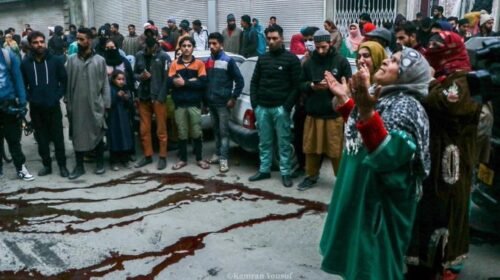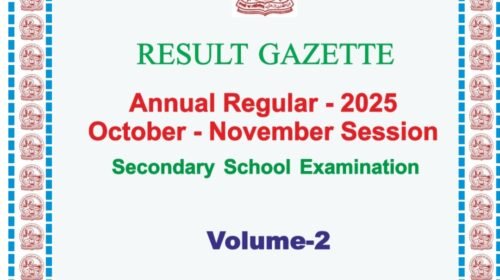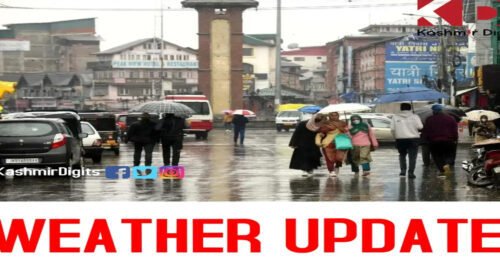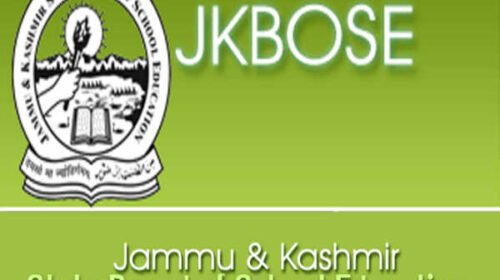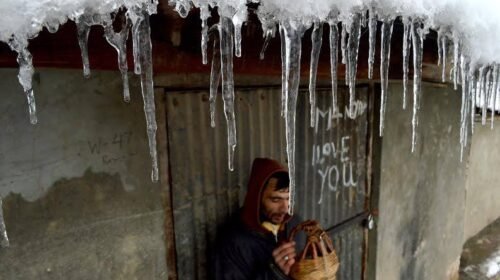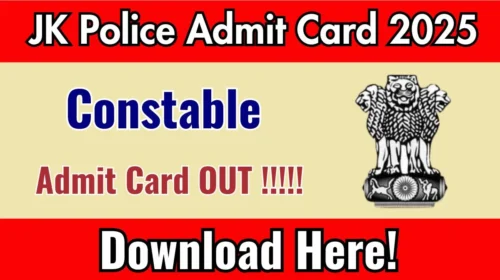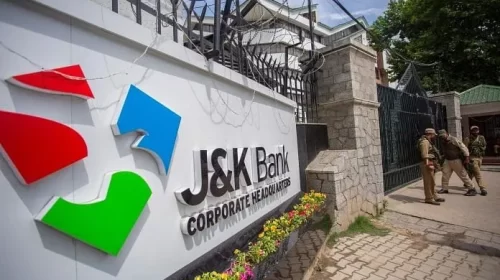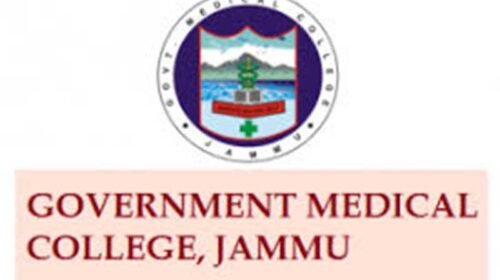A survey conducted by independent think tank Indian Police Foundation (IPF) has revealed that Jammu and Kashmir features at the bottom in a list of 29 states and Union Territories indicates perception score of strictness and good behaviour.
With 5.71 points against the average score of 6.68, the Jammu and Kashmir policing was the worst in the country.
In the two-and-a-half-month survey conducted between July 1 and September and the findings of which were released recently, Jammu and Kashmir scored 6. 26 on overall smart policing index, calculated as aggregate of six competence-based indices, three value-based indices and the index of Citizens’ trust in police, on a scale one to ten with a score of ten being the highest level of satisfaction.
The 9 States which scored lower than Jammu and Kashmir were Maharashtra 6.25, Rajasthan 6.17 Madhya Pradesh 6.15, Nagaland 6.11, Punjab 6.07, Jharkhand 6.07, Chhattisgarh 5.93, Uttar Pradesh 5.81 and Bihar 5.74.
Out of six competence-based indices, J&K was among 10 bottom States in five indices namely police sensitivity; combining strictness and good behavior; accessibility; police responsiveness; and helpful and friendly policing.
In perception score of helpful and friendly policing, J&K with a score of 6.21 was better than Madhya Pradesh, Rajasthan, Jharkhand , Nagaland , Chhattisgarh, Bihar , Punjab and Uttar Pradesh.
J&K had a perception score of 6.32 in fair, unbiased policing and lawful policing 6.18 , 5.68 in integrity and corruption free service (average 6.23) and 6.33 in police accountability in which average score was 6.56.
In index of public trust on police, J&K’s score of 6.51 against average of 6.86 was better than Rajasthan, Punjab, Maharashtra, Nagaland, Uttar Pradesh, Chhattisgarh and Bihar. In all the indices, Punjab’s smart score was less than the average score.
The survey report while listing some methodological concerns noted, “Asymmetries in sample sizes have been an area of concern. Resorting to a strategy of combining online and offline survey methodologies helped in obtaining a large sample size, with some minimum level of participation from the States and UTs.

